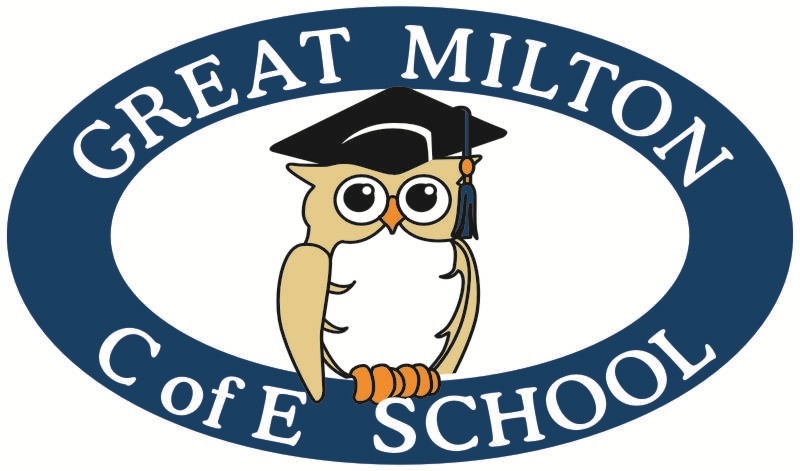Mathematics
'Let all that you do be done in love’
1 Corinthians 16:14
At Great Milton C of E Primary School, we use a rich variety of ways to teach maths. We plan our maths teaching in accordance with the requirements of the National Curriculum. Much of this is taught in the daily maths lesson, but we also provide additional opportunities for developing investigational strategies. We encourage children to actively question and ask why things are true and to explain their thinking.
Our aim is that all children will become confident, competent and have an enjoyment of the subject. Whilst our daily maths lessons follow the expectations of the National Curriculum, each teacher knows the children in their class extremely well and is quick to take into account the needs of individual learners. To this end we are able to support children with well resourced classrooms, experienced teaching assistants and appropriate apparatus. We also aim to further challenge our most able learners through the use of a deeper, broader approach to their mathematical understanding.
The aims of the National Curriculum are at the core of our maths teaching and learning. Problem solving, reasoning and fluency are key. Children are given regular opportunities to solve problems, fluently applying their knowledge and conceptual understanding, then reasoning about what, how and why.
At Great Milton C of E Primary School, we encourage our children to develop a positive, confident and loving-to-learn attitude towards mathematics. We aim to provide opportunity for all, ensuring that every child in our care achieves to the best of their ability. We support our children to think clearly and logically and form an understanding of mathematics through the formation of secure concepts based on:
- Appropriate practical activities (and access to practical resources, models and images)
- An ability to identify patterns and relationships in mathematics
- An awareness of the uses and applications of mathematics in everyday situations
- The ability to express ideas concisely using accurate mathematical language
- The ability to select and use a range of mathematical tools.
- The ability to apply prior knowledge to develop a deeper understanding
- An enjoyment of mathematics for its own sake
Here at Great Milton C of E Primary School we believe our vision of “loving-to-learn” is fulfilled in the maths curriculum we offer, which embraces the National Curriculum aims and ensures our children are mathematically ready for their life journey. Our aim is that children:
- Become fluent in the fundamentals of mathematics, including through varied and frequent practice with increasingly complex problems over time, so that pupils develop conceptual understanding and the ability to recall and apply knowledge rapidly and accurately.
- Reason mathematically by following a line of enquiry, conjecturing relationships and generalisations, and developing an argument, justification or proof using mathematical language.
- Can solve problems by applying their mathematics to a variety of routine and non-routine problems with increasing sophistication, including breaking down problems into a series of simpler steps and persevering in seeking solutions.
At Great Milton C of E Primary School, we link our mathematics teaching wherever possible to real-life situations, such as shopping, so that our children quickly see the relevance and the way in which mathematics skills are essential to their daily lives. Each fortnight we share and support successes in maths by nominating a child from each class to be the mathematician of the week. Children are chosen for a number of reasons which include applying known strategies to solve problems, persevering with a new concept and for simply having a go.
The children focus on the basic skills as well as having a weekly problem-solving lesson where they are able to apply their learning. Children also engage in a range of Mental Maths activities and are encouraged to learn their times tables facts at home to support the learning that they do in school.

Times Tables Rockstars Information
https://ttrockstars.com/parents
Adding two 2-digit numbers that bridge over 10
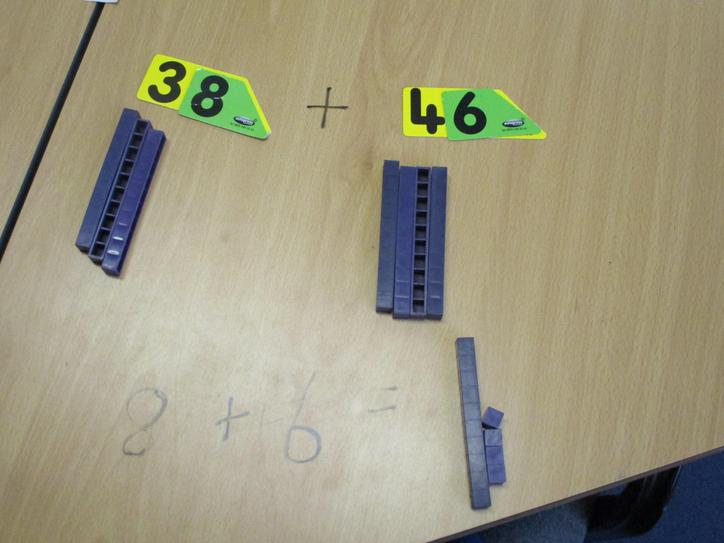
|
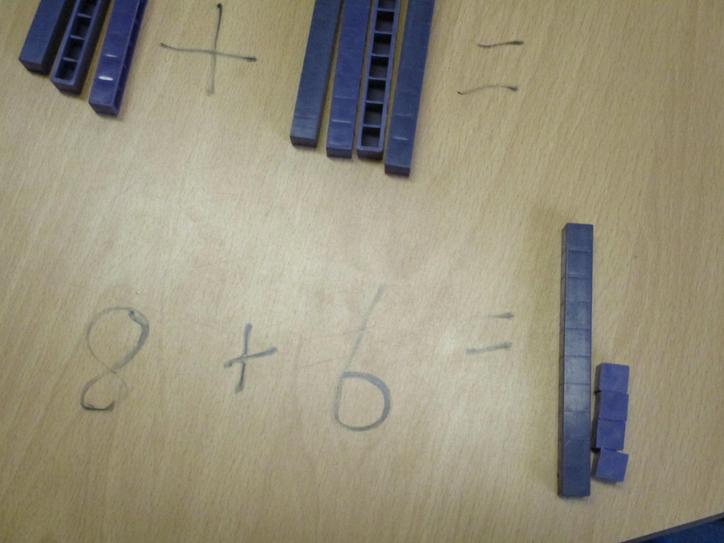
|
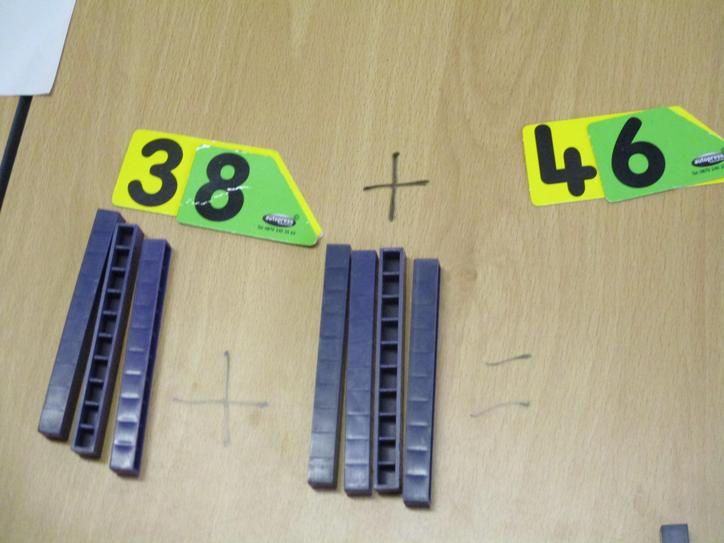
|
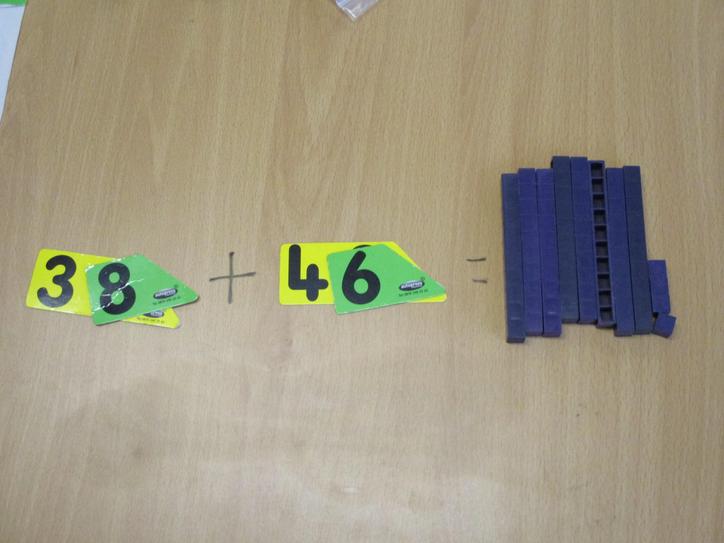
|
Useful websites to enhance children's learning
https://whiteroseeducation.com/1-minute-maths#download
Math playground Explore 100s of fun maths games
Nrich Activities and problem solving tasks to enrich mathematical learning
Cool Math Games Online maths games with manipulatives to support learning
Crickweb Online educational learning games and activities for Foundation Stage, Key Stage 1 and Key Stage 2
Maths Dictionary for Parents Some of the language that the children may use at home when talking about their mathematical learning will include basic terms such as addition or subtraction, but they may also use terms that you are unsure of. Here is a helpful maths glossary for parents which is packed full of the everyday phrases and terms that your children will encounter at school.
